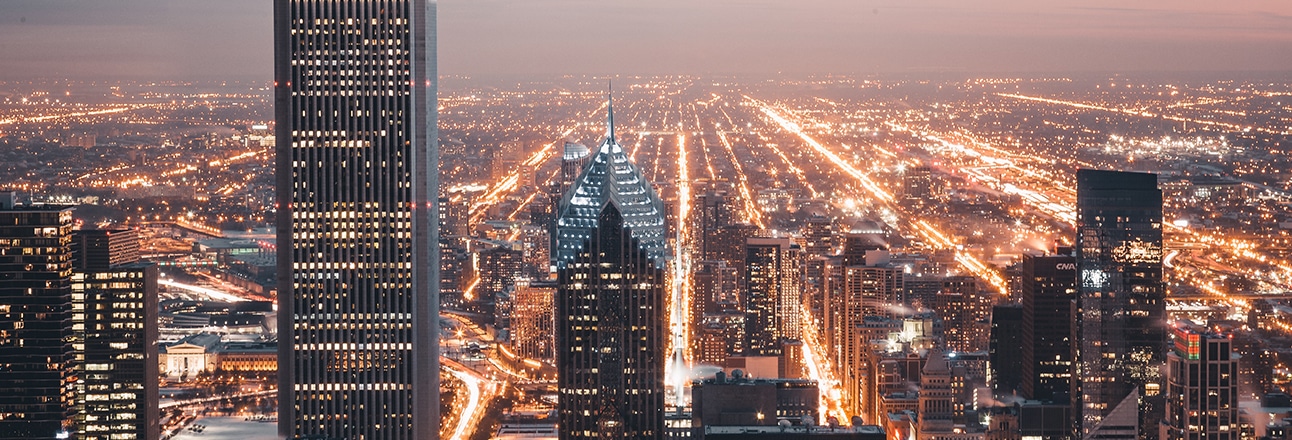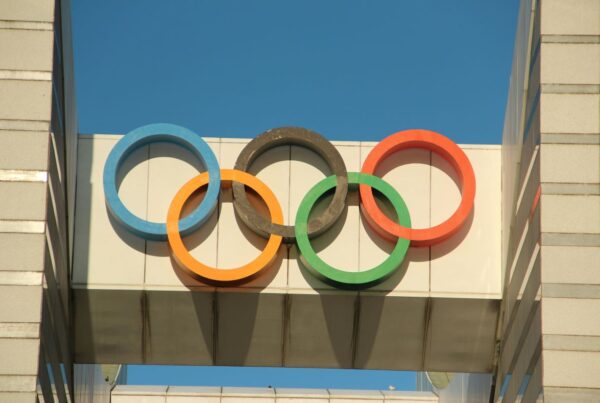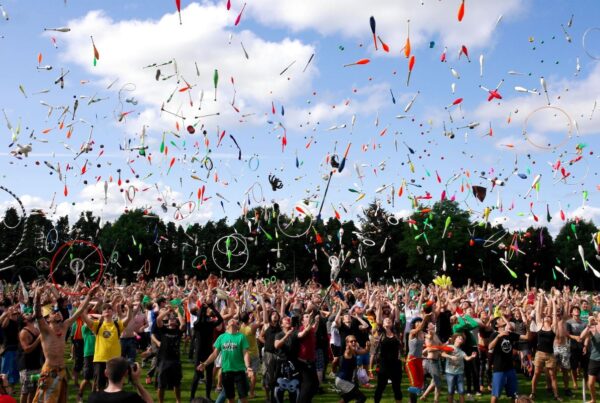By 2050, 7 out of every 10 people will live in a smart city. The growing emergence of these cities 2.0 – new technology hubs – is making it possible to redevelop urban spaces by putting connected objects in the service of a smarter city.
Smart street lights in Toulouse
The cities of tomorrow will need to provide smart public lighting. This is the case of Toulouse, which has invested in its lighting infrastructure. Its street lights only switch to full capacity when the sensors fitted detect a presence and low natural light, in order to reduce public energy spending. When there is no presence, the street lights operate at 10% of their capacity. Full power is activated when a pedestrian or animal is detected within 30 metres. Thanks to this system, the city says it achieves consumption savings of 70% in comparison with a standard LED street light.
A smart card in Tel Aviv
A breeding ground for startups, Tel Aviv is a fast-changing city. In order to facilitate interactions between citizens and municipal services, Tel Aviv has provided a ‘DigiTel Card’ for 100,000 of its residents. This smart card offers advantages during cultural events, and also provides a personal account, which centralises access to bill payments, and an information service for road closures, for example.
An automated waste sorting system in Barcelona
Barcelona is considered to be one of the most advanced smart cities in the world with a good mastery of its urban spaces. The city has analysed passenger number peaks and optimised its bus network, used solar energy to heat water for almost a decade and, recently, implemented an automated waste sorting system. No more trucks: waste is now collected via a network of underground pipes.
A smart port in Hamburg
Hamburg is aiming to create the first “smart port”. The city has equipped its port with sensors in order to analyse and resolve a major problem: traffic jams on docks. These sensors, which are present throughout the city, in particular in car parks, can be used to notify carriers of the time of arrival of their deliveries and rapidly find spaces to load goods.
Leak detectors in Montpellier
Using connected sensors, Montpellier has installed water leak detectors throughout the city. Linked to an app, they make it possible to detect any leaks before they become major problems, and therefore warn residents concerned. Furthermore, this smart infrastructure facilitates maintenance performed by the city: the entire pipe network is monitored in order to avoid over-consumption and reduce leakage risks.
Reorganising the urban spaces is at the heart of the challenges that smart cities are looking to meet. By combining cutting-edge technologies with data monitoring, these cities 2.0 are being transformed and gradually optimised to shape tomorrow’s urban environments.









